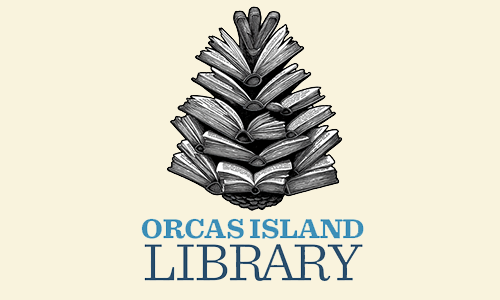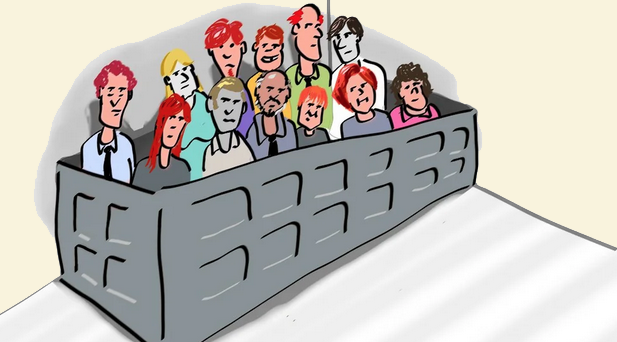Election Day, November, 1884
Walt Whitman – 1819-1892
If I should need to name, O Western World,
your powerfulest scene and show,
‘Twould not be you, Niagara—nor you, ye
limitless prairies—nor your huge rifts of
canyons, Colorado,
Nor you, Yosemite—nor Yellowstone, with all its
spasmic geyser-loops ascending to the skies,
appearing and disappearing,
Nor Oregon’s white cones—nor Huron’s belt of
mighty lakes—nor Mississippi’s stream:
—This seething hemisphere’s humanity, as now,
I’d name—the still small voice vibrating—
America’s choosing day,
(The heart of it not in the chosen—the act itself
the main, the quadriennial choosing,)
The stretch of North and South arous’d—sea-
board and inland—Texas to Maine—the
Prairie States—Vermont, Virginia, California,
The final ballot-shower from East to West—the
paradox and conflict,
The countless snow-flakes falling—(a swordless
conflict,
Yet more than all Rome’s wars of old, or modern
Napoleon’s:) the peaceful choice of all,
Or good or ill humanity—welcoming the darker
odds, the dross:
—Foams and ferments the wine? it serves to
purify—while the heart pants, life glows:
These stormy gusts and winds waft precious
ships,
Swell’d Washington’s, Jefferson’s, Lincoln’s sails.

Born on May 31, 1819, Walt Whitman is the author of Leaves of Grassand, along with Emily Dickinson, is considered one of the architects of a uniquely American poetic voice.
On November 4, 1884, Democrat Grover Cleveland defeated Republican James G. Blaine ending a particularly acrimonious campaign. The outcome of the presidential race was determined by the electoral vote of New York, which Cleveland won with a plurality of just 1,047 votes.
**If you are reading theOrcasonian for free, thank your fellow islanders. If you would like to support theOrcasonian CLICK HERE to set your modestly-priced, voluntary subscription. Otherwise, no worries; we’re happy to share with you.**








Whitman is always a marvelous choice. Thanks for this.